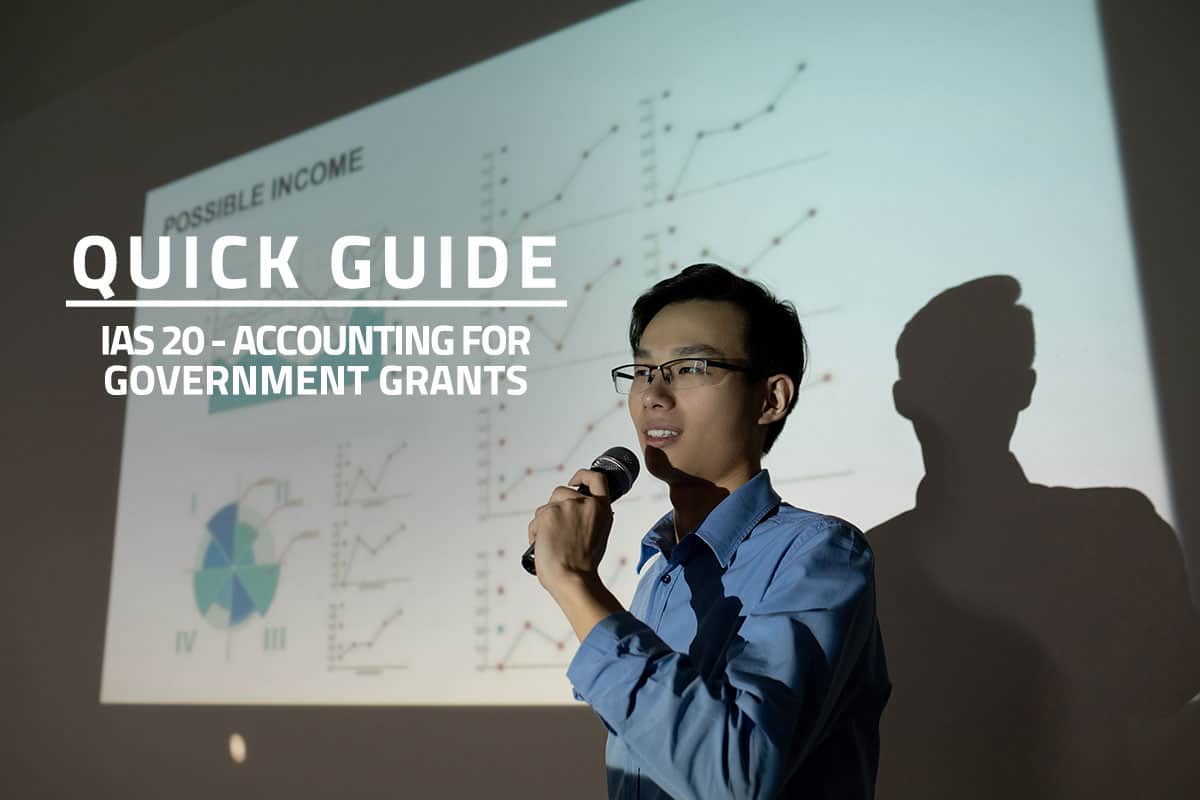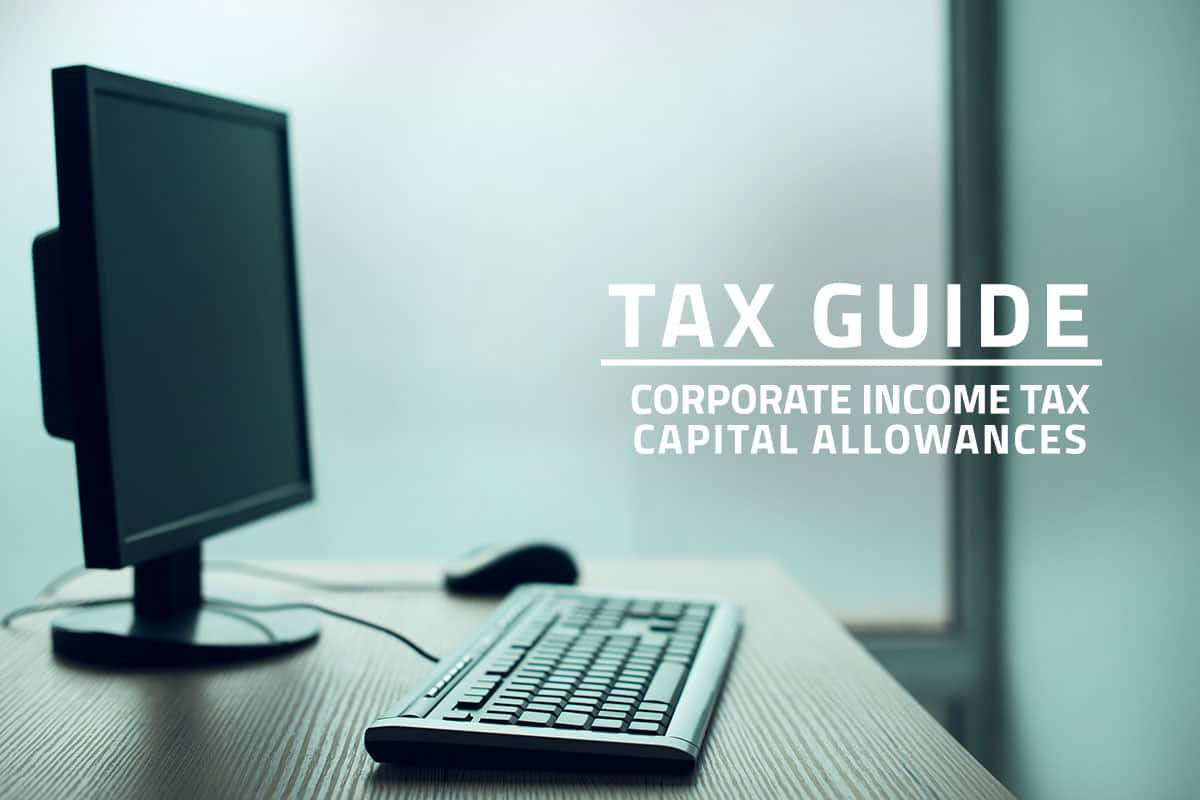
This year, the COVID-19 crisis has adversely impacted the global economy. Singapore is no exemption, with negative effects and losses caused by the crisis and the consequent circuit breaker measures implemented to prevent the virus’ spread. The local government has thus announced various support schemes including several government grants to help Singaporean companies and businesses stay afloat.
The accounting treatment of these support measures falls under the scope of International Financial Reporting Standards (IFRS) IAS 20 –Accounting for government grants and disclosure of government assistance. This accounting treatment also covers Singapore companies applying the Singapore Financial Reporting Standards (SFRS) FRS 20 equivalent accounting standard. The COVID-19 pandemic and consequent SG Budget 2020 provisions have directly impacted the financial sector with rising accounting concerns and implications. In particular, IAS 20 has become relevant in the midst of the ongoing crisis.
IAS 20 – Accounting for Government Grants and Disclosure of Government Assistance
IAS 20 aims to guide companies on accounting for government grants and other assistance. Government grants are booked in profit or loss on a systematic basis over the periods in which the entity recognises related expenses. This may require setting up the grant as deferred income or deducting it from asset amount. Properly disclosing government grants would increase the level of transparency to the financial statements and aid users in assessing the company’s operating business performance where the company is a recipient of government assistance.
2 Main Forms of Government Grants
Government grant can come in 2 forms per IAS20, mainly:
- Grant received for acquisition of asset, and,
- Grant as a reimbursement of costs/expenses incurred
A company may choose to either recognize a grant received for acquisition of an asset as deferred income or deduct the grant from the carrying amount of an asset. For a grant received as reimbursement of past costs, income is recognized directly in profit or loss. For grants provided to reimburse present or future costs, income is only recognized in profit or loss in the periods when the costs are incurred. As a concrete example, the Job Support Scheme (JSS) is a grant provided as reimbursement of salary costs incurred by Singapore employers.
A government grant is recognised only when there is reasonable assurance that the entity will comply with any conditions attached to the grant and the grant will be received. A company must be fairly certain that it can comply with any criteria set by the government for being qualified for any grant to be paid out. For example, employers who had made salary and CPF contributions payment to their employees would have qualified for JSS and payout timeline is clearly defined.
The grant is recognised as income over the period necessary to match them with the related costs, for which they are intended to compensate, on a systematic basis. This means income and expenses are recognized concurrently when costs are incurred. The full amount of income is recognized for past costs as explained. Grant income should flow to profit or loss statement and not credited to equity as per the Income approach of IFRS.
In terms of presentation and disclosure to the financial statement, IAS 20 states that:
- A government grant can be presented as a separate line item as “other income”, or
- To deduct the grant income from the related expenses.
Companies may choose one of the above-mentioned methods but this presentation must be applied consistently for current and comparative amounts in future reports. Proper disclosure of the accounting policy should also be included in related financial statements.
In conclusion, Singapore companies face the pressure of complications in their financial reporting due to arising crises like the COVID-19 pandemic. Seeking professional accounting services from an expert is advisable to optimise cashflow and ensure strict compliance with financial reporting standards amidst Singapore’s fast-moving financial sector.
Related Posts
Singapore Budget 2021 – Goods and Services Tax (GST)
NAVIGATION GST Rate Imposition of GST on Imported Low-Value Goods Change of Basis for Determining…
Singapore Budget 2021 – Corporate and Business
NAVIGATION Corporate Income Tax (CIT) Rate Extension and Enhancement of the Carry-Back Relief Scheme Extension…
Tax Guide: Singapore Capital Allowances
By law, all Singapore Companies are required to file annual income tax returns to the…
Singapore Guide: ISCA FRB 5 – Accounting for Property Tax Rebate
The COVID-19 pandemic has adversely impacted the global economy, hitting Singapore companies and businesses affected…












